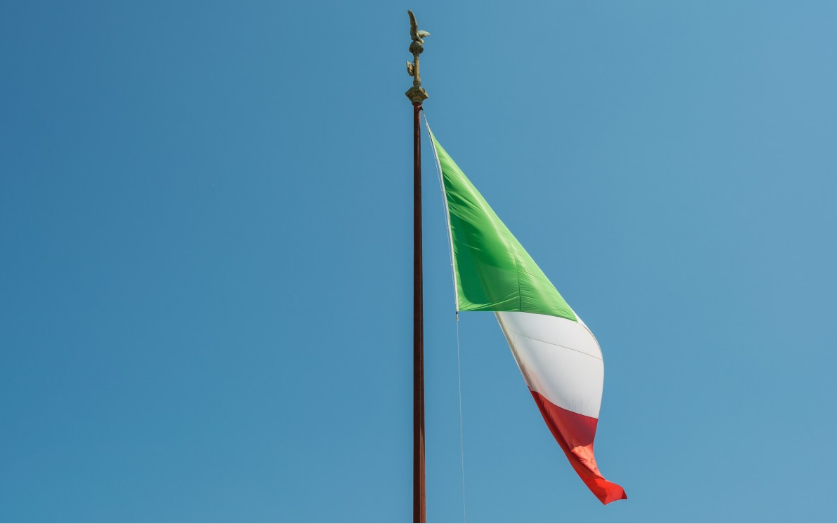Ignacio Visko, who was recently reassigned for a second six-year term as head of the Central Bank of Italy, spoke in defense of the regulator's actions before the parliamentary commission.
Many critics accused the Bank of Italy of slowness and negligence, since banks such as Monte dei Paschi di Siena, two regional banks in Veneto and four small banks in Central Italy, faced serious problems as a result of poor management and a large volume of non-performing loans.
"It was not inattentive supervision that determined the evolution of the Italian financial system, but the worst economic crisis in the history of our country," Visko told to the panel of legislators.
"Some banks had poor management, and we noted this, but very difficult economic conditions led to an exacerbation of pathological situations," said the head of the Bank of Italy.
Repeating frequent criticism from Italian officials, Visko said that the EU regulation regime for troubled banks contributed to the crisis.
"A lot of technical solutions in Europe were caused by countries that massively appealed to state funds to support banking systems which suffered from the global financial crisis. In a particularly unfavorable macroeconomic environment, these decisions did not help make the management of banking crises in our country more rapid and effective", - added the head of the central bank.
The Parliamentary Commission on Banks, headed by centrist senator Pier Ferdinando Casini, has become a major source of political tension, given that Italy is preparing to hold a general election in less than three months.
In July, Morgan Stanley said that Italian banks may take 10 years to reduce the level of non-performing loans to the European average.
source: ft.com
Many critics accused the Bank of Italy of slowness and negligence, since banks such as Monte dei Paschi di Siena, two regional banks in Veneto and four small banks in Central Italy, faced serious problems as a result of poor management and a large volume of non-performing loans.
"It was not inattentive supervision that determined the evolution of the Italian financial system, but the worst economic crisis in the history of our country," Visko told to the panel of legislators.
"Some banks had poor management, and we noted this, but very difficult economic conditions led to an exacerbation of pathological situations," said the head of the Bank of Italy.
Repeating frequent criticism from Italian officials, Visko said that the EU regulation regime for troubled banks contributed to the crisis.
"A lot of technical solutions in Europe were caused by countries that massively appealed to state funds to support banking systems which suffered from the global financial crisis. In a particularly unfavorable macroeconomic environment, these decisions did not help make the management of banking crises in our country more rapid and effective", - added the head of the central bank.
The Parliamentary Commission on Banks, headed by centrist senator Pier Ferdinando Casini, has become a major source of political tension, given that Italy is preparing to hold a general election in less than three months.
In July, Morgan Stanley said that Italian banks may take 10 years to reduce the level of non-performing loans to the European average.
source: ft.com





